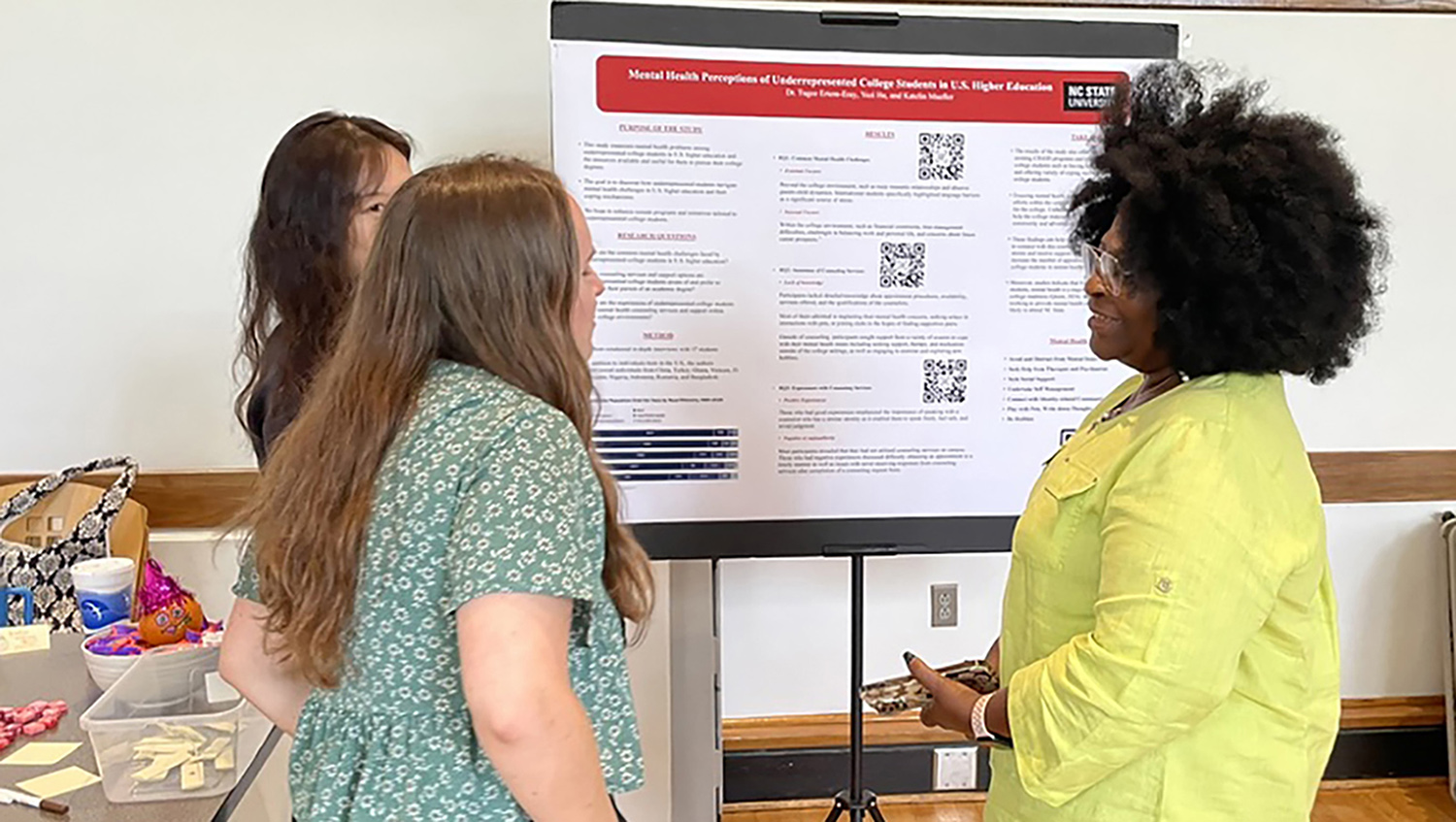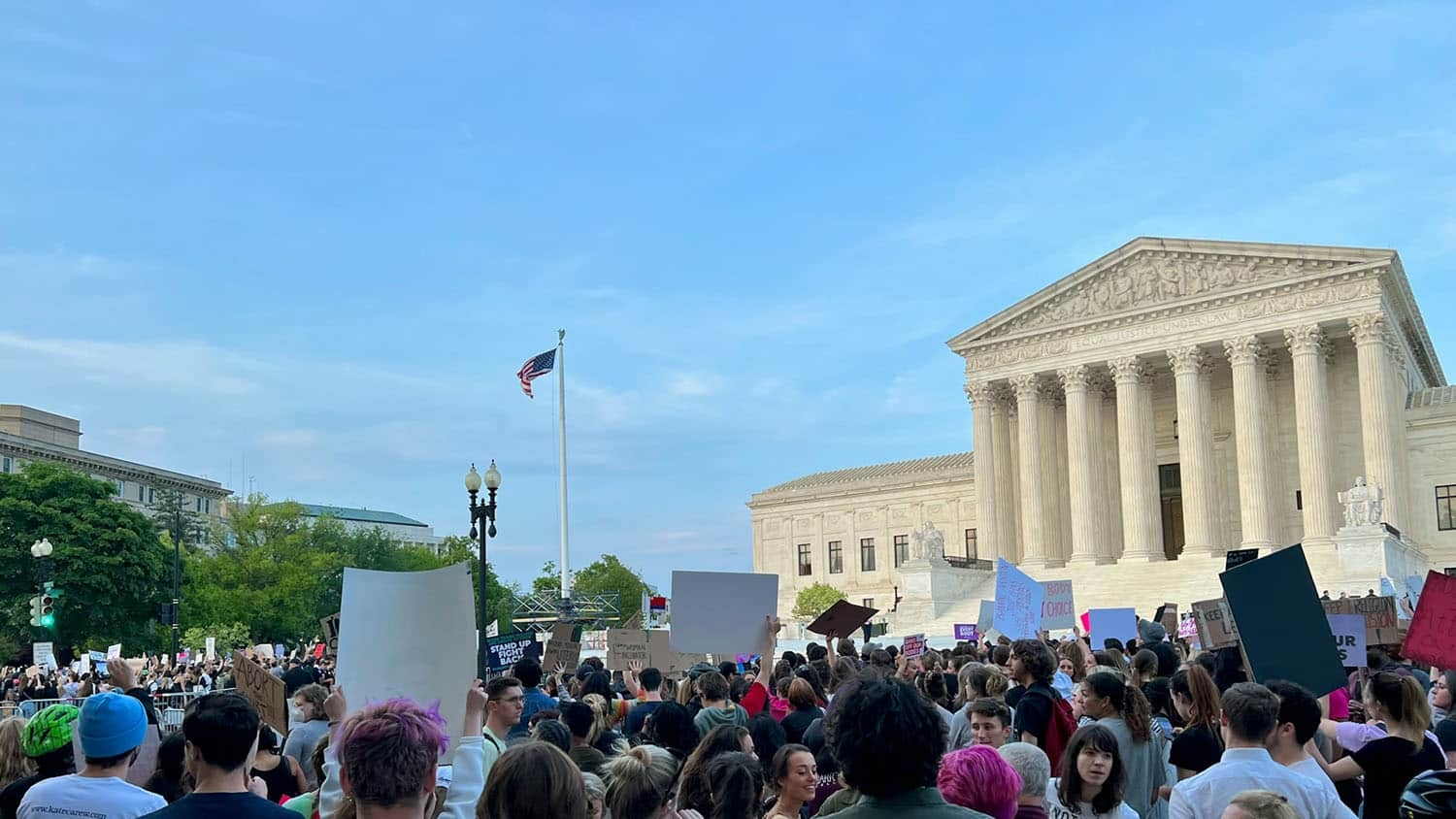Making Peace Possible is Focus for NC State Carnegie Scholars Fellow
The peaceful resolution of religious conflicts is crucial to addressing political and military conflict around the world. North Carolina State University’s Dr. Anna Bigelow has been awarded a $99,500 fellowship by the Carnegie Scholars Program to advance research and discussion of what makes peace possible.
Bigelow, an assistant professor of religious studies at NC State, will consider how Muslims and non-Muslims are able to live together peacefully in many parts of the world. “Peace is not a passive state,” Bigelow says, “but a dynamic equilibrium that needs work.” By studying the peaceful coexistence of multiple religions in various regions, Bigelow hopes to highlight the tools, strategies and behaviors that are prevalent in peaceful areas near sites that are sacred to different religious traditions.
For example, Bigelow will study shared sacred spaces in secular countries with large Muslim populations, including Palestine, Turkey and India. By examining these sites, Bigelow hopes to learn more about effective interactive strategies used at the local level to maintain peace.
In addition to her research on the subject, Bigelow hopes to further the discussion of how religious conflicts in more contentious areas may be resolved. Bigelow plans to publish articles on religious conflict in an attempt to “expand the dialogue concerning the impact of religious commitment and identity on global conflict and development.”
Bigelow’s Carnegie Scholars Program fellowship furthers the program’s goal of communicating scholarly research to the public in order to broaden the understanding of Islam and Muslim societies.
The Carnegie Scholars Program was established in 1999 to provide financial and intellectual support to writers, analysts and thinkers addressing some of the most critical research questions of our time. The Carnegie Corporation of New York, created by Andrew Carnegie in 1911 to promote “the advancement and diffusion of knowledge and understanding,” has selected as many as 20 Carnegie scholars every year since 2000.
Author: Matt Shipman | matt_shipman@ncsu.edu
- Categories:


